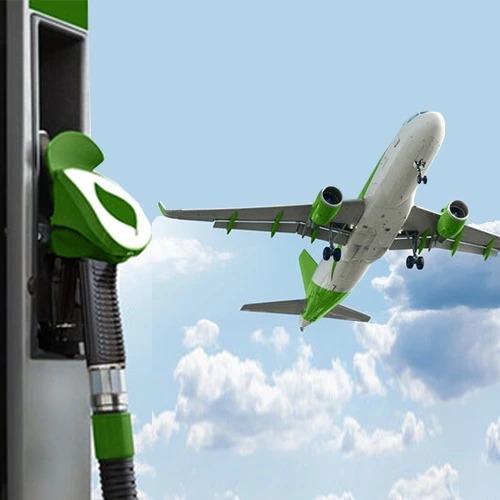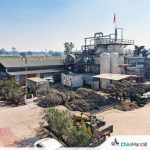Gulf countries must swiftly embark on the production of their sustainable aviation fuel (SAF) to secure a share in the predominantly Western-dominated market and support their national airlines in transitioning towards greener flights, emphasized a UAE official, reported The National News.
Maryam Al Balooshi, the country’s lead negotiator for aviation climate change and director of the environment department at the General Civil Aviation Authority, highlighted the global scarcity of SAF. The global supply of SAF is limited, making it three to five times more expensive than traditional jet fuel and more difficult to secure sufficient quantities for long-haul flights.
Even if Emirates Airlines were to purchase all available SAF worldwide, it would not cover its operations due to the limited quantity, according to Al Balooshi. She stressed the need for Gulf countries to accelerate SAF production locally to avoid dependency on Western markets. By 2030, the US and Europe are projected to be the primary SAF producers.
The global sustainable aviation fuel market is anticipated to reach approximately $14.8 billion by 2032, reflecting substantial growth from $617 million last year, with a compound annual growth rate exceeding 42 percent, as per Precedence Research.
North America currently leads the sustainable aviation fuel market globally, driven by increased air traffic and passengers. Global airlines view sustainable jet fuel as crucial for achieving their net-zero emissions goal by 2050. However, limited supply and high costs impede progress despite the high demand.












